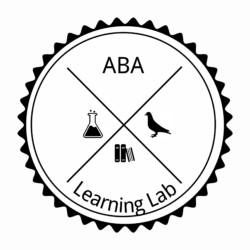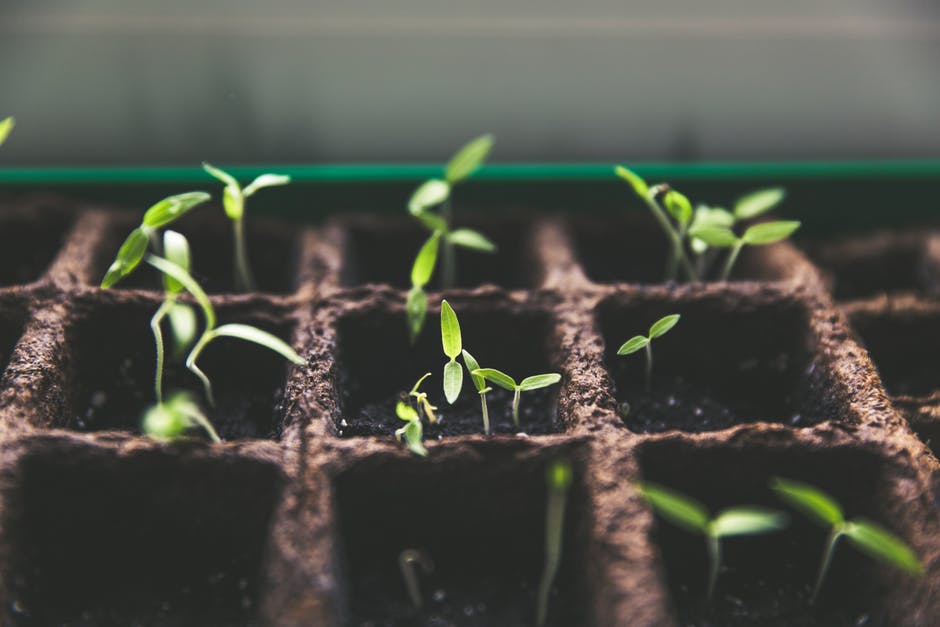Contributing Author – Anne Hirsch, MS, BCBA
Have you ever had to take out the trash at your ABA center? Bins filled each day with plastic utensils, ziplock baggies, soda cans, napkins, and half-eaten lunches. Have you seen these piled high facilities dumpsters in the back and not thought twice about it … or have you?
The waste from your ABA center may be having more of an impact on the environment than you think. Here are a few easy changes to help your center become more sustainable, while inspiring the next generation to give back, and not give up on this beautiful planet we call home.
Advocate
Be the voice of sustainability. Create a “greening group” at your agency that will work together to come up with a plan to make your center as sustainable as possible. Every change counts, even if it just starts with a blue recycle bin and an energy efficient light bulb.
Reusable Materials
Show how much operations are spending on materials that could be switched to reusable items. For example, plastic utensils, paper plates, paper cups, and paper towels. You can switch each item to a reusable one that can be cleaned and stored for the next use without the excess waste each day. The overhead of switching to green products may be more up front, but long-term will be a cost savings for your company.
Dumpsters
Take a peek out back to see what kind of dumpster your center is using. Does it have separate compartments for waste, paper, and plastic? Switching from a typical dumpster to a dumpster that separates these items is more eco-friendly and may only take a phone call to switch providers to a more sustainable one. Work with your facilities or operations manager for a smooth transition. If you experience a road block because the building is owned by a management company or landlord, have the greening group meet with other tenants in the building about starting a recycling program together, and the need to switch from a typical dumpster to a more sustainable one.
Programming
Creating an environment in which recycling and reusing, instead of wasting is embedded into ABA programs will establish meaningful habits for your clients later on in life.
Create bins where clients will learn to separate plastics and metals, paper, and waste. Teach the differences between each one based on the color/text/picture. Generalize this skill across settings by trips to local markets or sustainable restaurants that have waste separated. Whole Foods Market is a great spot to practice this skill!
During lunchtime, have your clients locate where plates or utensils would be in the kitchen. Use these items during lunchtime to place their lunch on instead of a paper plate or zip-lock baggies. Teach them where dishes go after use, and if appropriate how to wash, dry, and store after using.
You can be the voice, and you can be the change. Help teach the next generation the importance of recycling and sustainable materials. Prove that your ABA center has what it takes to do its part in preserving this big blue planet we call home.

